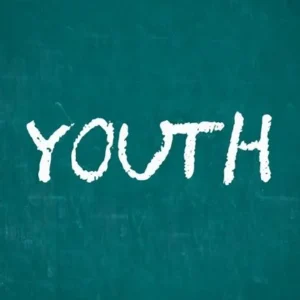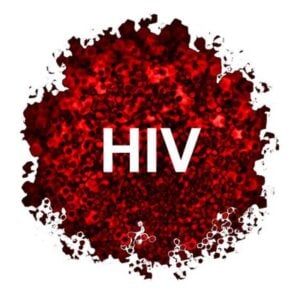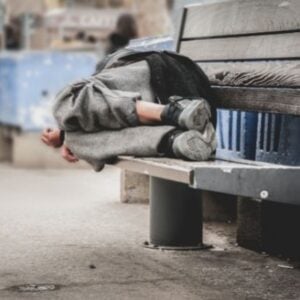Eugène, a 20-year-old student from Yaoundé, Cameroon, was diagnosed HIV-positive at 14, a revelation that initially brought fear, stigma, and uncertainty into his adolescence. Overcoming these challenges, he now advocates for self-acceptance and equitable access to reproductive health services for young people living with HIV, reflecting the experiences of thousands of Cameroonian youth facing similar obstacles. In 2023, Cameroon had around 490,500 people living with HIV, including 331,000 women, with young people aged 15 to 24 accounting for nearly 19% of new infections. Despite a 49% drop in new infections since 2019, barriers such as stigma, limited access to family planning, and insufficient youth-friendly information persist.
To address these challenges, the World Health Organization (WHO) supports the Cameroonian government in developing and implementing guidelines that integrate sexual and reproductive health, family planning, and HIV care. The national strategy focuses on protecting adolescents’ and young people’s rights to access services, integrating family planning into HIV care, and employing age-specific prevention approaches. Between 2023 and 2024, access to modern family planning methods among young people rose from 44.8% to 52.7%, reflecting progress but highlighting continued unmet needs. Dr. Joseph Fokam, Executive Secretary of the National AIDS Control Committee, emphasized that the strategy aims to equip youth with tools to make informed sexual health decisions, with a goal that by 2030, 90% of adolescents aged 10–24 will be empowered to protect themselves from HIV and STIs.
Eugène, benefiting from these services, underscores the importance of family planning and achieving an undetectable viral load to prevent transmission. However, many young people still face stigma, discrimination, and geographic barriers that limit access to care. To overcome these challenges, the government, with WHO and partners including German cooperation, has established over 187 Care, Resource, and Activity Units (USRAs) across all 10 regions since 2022, offering flexible hours, trained staff, and community service points to expand coverage.
Social workers play a pivotal role in supporting vulnerable youth, providing guidance and building trust to navigate sensitive topics like sexuality, contraception, and HIV. Edwige Eyenga, a social worker at Essos Hospital Center, shared an example of successfully guiding a 19-year-old girl to avoid early pregnancy while continuing her education, demonstrating the impact of youth-friendly and confidential support services. Strengthening service provider capacities, creating safe spaces, and ensuring confidentiality remain critical for effective HIV care among adolescents.
WHO continues to provide technical support to ensure policies, services, and capacities meet the needs of young people living with HIV. Dr. Ngalame Alphonse Nyong emphasized that services must be person-centered, respectful, confidential, and tailored to adolescents’ realities to reduce stigma and ensure equitable access across different living environments. Between 2017 and 2024, Cameroon made significant progress toward UNAIDS’ 95-95-95 targets, with knowledge of HIV status rising from 55.6% to 92%, treatment access reaching 96%, and viral suppression increasing to 93%, reflecting improved adherence and quality of care.
Eugène represents a new generation of empowered youth in Cameroon. Thanks to supportive services, he has regained confidence and envisions a future where he can build a family free of HIV. His story highlights the critical role of integrated, youth-friendly, and inclusive HIV services in helping adolescents live healthy, fulfilling lives.







